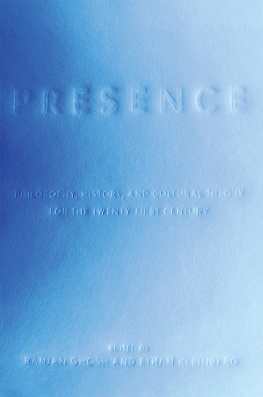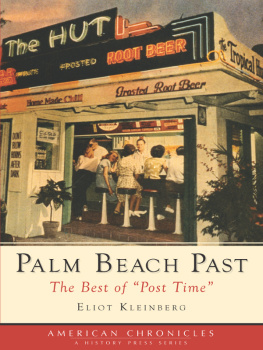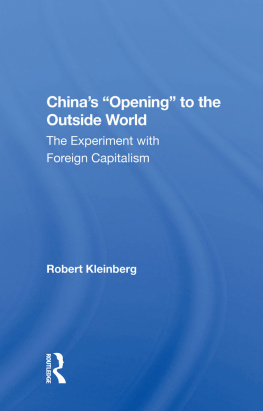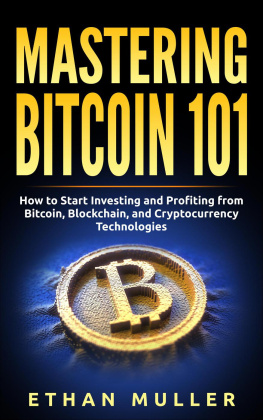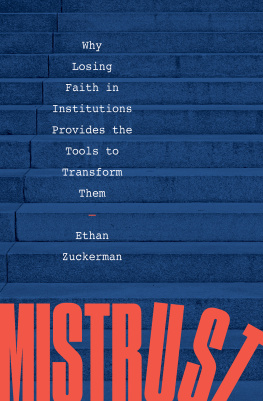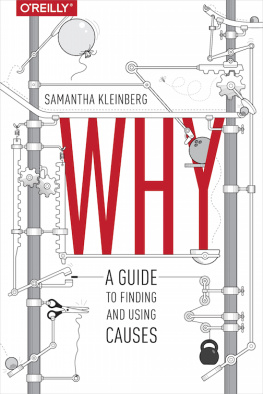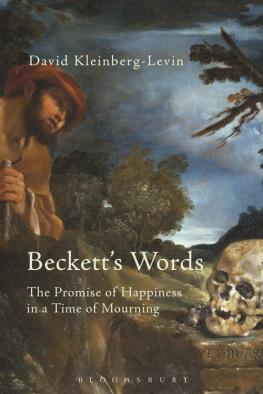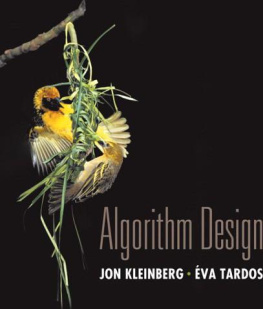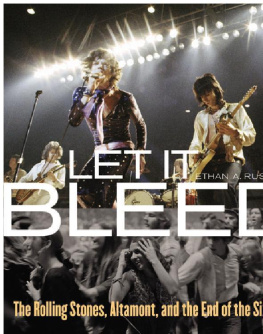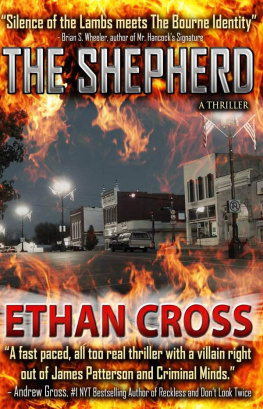Kleinberg Ethan - Presence
Here you can read online Kleinberg Ethan - Presence full text of the book (entire story) in english for free. Download pdf and epub, get meaning, cover and reviews about this ebook. publisher: Lightning Source Inc. (Tier 3), genre: Romance novel. Description of the work, (preface) as well as reviews are available. Best literature library LitArk.com created for fans of good reading and offers a wide selection of genres:
Romance novel
Science fiction
Adventure
Detective
Science
History
Home and family
Prose
Art
Politics
Computer
Non-fiction
Religion
Business
Children
Humor
Choose a favorite category and find really read worthwhile books. Enjoy immersion in the world of imagination, feel the emotions of the characters or learn something new for yourself, make an fascinating discovery.
- Book:Presence
- Author:
- Publisher:Lightning Source Inc. (Tier 3)
- Genre:
- Rating:3 / 5
- Favourites:Add to favourites
- Your mark:
- 60
- 1
- 2
- 3
- 4
- 5
Presence: summary, description and annotation
We offer to read an annotation, description, summary or preface (depends on what the author of the book "Presence" wrote himself). If you haven't found the necessary information about the book — write in the comments, we will try to find it.
Presence — read online for free the complete book (whole text) full work
Below is the text of the book, divided by pages. System saving the place of the last page read, allows you to conveniently read the book "Presence" online for free, without having to search again every time where you left off. Put a bookmark, and you can go to the page where you finished reading at any time.
Font size:
Interval:
Bookmark:
Ethan Kleinberg
The past is never dead. Its not even past.
WILLIAM FAULKNER, Requiemfor a Nun
If we were not perfectly convinced that Hamlets Father died before the play began, there would be nothing more remarkable in his taking a stroll at night, in an easterly wind, upon his own ramparts, than there would be in any other middle-age gentleman rashly turning out after dark in a breezy spotsay Saint Pauls Churchyard for instanceliterally to astonish his sons weak mind.
CHARLES DICKENS, A Christmas Carol
Marley was dead: to begin with. A more sensuous or welcoming figure could not be imagined: Come in! exclaimed the Ghost. Come in! and know me better, man!
Thus even beyond the material comfort one receives in his presence, there seems more to be gained from the Ghost of Christmas Present than from the others. The past is gone and the future is yet to come. It is only in the present that one can actually do things; that one can change in ways that of course cannot rectify the past but that can serve the future. This is precisely what happens to Scrooge and in this light one can certainly see the attraction of a focus on presence and the present: on a philosophy of history that eschews the endless turning over of the past or fruitless speculation on the future in favor of an emphasis on actual things that are present here and now. In the words of Eelco Runia, Presence, in my view, is being in toucheither literally or figurativelywith people, things, events, and feelings that made you into the person you are.
For Eelco Runia, the publication of Hayden Whites Metahistory was a watershed moment that led to a process in which the philosophy of history was emptied of reflection on what had actually happened in the pastand inaugurated the heyday of metahistoriography. Runia laments the ways that the historical profession became obsessed with the construction of narratives about the past at the expense of losing touch with the past itself. Gumbrecht and Ankersmit expand this critique by enlarging the field to include other figures and movements of the linguistic turn. Gumbrecht tells us that he has
grown weary of this intellectual one-way traffic as it has been based on and upheld by a certain narrow and yet totalizing understanding of hermeneutics. I also have long experienced the absolutism of all post-linguistic turn varieties of philosophy as intellectually limiting, and I have not found much consolation in what I want to characterize as the linguistic existentialism
Thus, Gumbrecht believes that the current emphasis on the production of meaning via language that dominates higher academia, the culture of interpretation as he calls it, has led to intellectual relativism and our estrangement from the past.
Presence is a movement away from a constructed past and toward a past that actually exists. But it would be a mistake to assume that it is a return to the positivism or realism that characterized the philosophy of history before the linguistic turn. Ankersmit puts it this way: It is certainly distressing that the liberation of philosophy from the narrow straights of transcendentalism that we may find in their [Derrida, Hans-Georg Gadamer, Rorty] writings did change so desperately little that it left the world of history, of representation, of our experience of art, music, and of the more existential aspects of the condition humaine as unexplained and devoid of philosophical interest as had been the case in the heyday of logical positivism. Presence is presented as a counter to meaning but also as a response to the attack on meaning exemplified in Whitean representationalism, Derridean deconstruction, Gadamerian hermeneutics, and Rortian contructivism wherein meaning is conserved as a category that is essential for understanding and communication, but demotes its status in terms of our relation to the past. Runia states:
For Runia, presencebeing in touch with realityis just as basic as meaning but our quest for meaning has been misguided because it is actually a response to our desire for presence. So presence offers a return to the real that can in turn help us rehabilitate our belief in meaning, and it does so by literally bringing the past into the present. But what is the transhistorical mechanism by which one can do this? What brings the past into the present?
Runia suggests that it can be gleaned in the way that presence allows the past to be both present and absent at once. Furthermore, Runia tells us that this adjustment is
not unlike the momentous modification Freud came to make in his approach to the past of his patients. Somewhere around 1900 Freud stopped heading for that past straight away. Instead of delivering himself to the alluring stories his patients volunteered to tell him, he opted, not for a Rankean turning to the sources, but for a radical (and counterintuitive) presentism. By sticking to the present as steadfastly as he could, by exploring the symptoms and the transferences that made themselves felt in the here and now of the analytic encounter, Freud was able to come forward with much more original, much more convincing, much more effective, versions of the past of his patients then they had entertained themselves.
This quote gives us some purchase on the transhistorical workings of presence and we will need to return to Freud, but for Runia what is important is that Freud recognized the ways that focusing exclusively on the past never takes you anywhere but to places in sight of your departure, whereas exploring the present may have you somewhere, someplace, tumbling into depths you didnt suspect were there. Thus the historian of presence walks the plane of time, as Runia calls it, scanning the surface of both present day reality and the discipline of history (the assemblage of texts, codes, habits, topics, trends, and fashions) with an evenly suspended attention as in the therapeutic session advocated by Freud. In doing so we come to see that both surfaces are at one and the same time , a tightly knit, organic, functioning whole as well as a jumble of things that are genetically, ontologically, and existentially separate. In other words, the Freudian attention to the surface of the present reveals a wonder of continuity and discontinuity:
Continuity and discontinuity, that is, not in a historical, temporal, vertical sense, but in the spatial horizontal sense of being thoroughly interwoven and radically contiguous. Trying to envision continuity and discontinuity
Here, Runia asks us to cede temporal investigation in favor of a spatial one that will expose the ways that the past is contiguous with the present. Rather than focusing on an impossible object irretrievably lost in the past we should instead concentrate on things and places in the here and now even if these things are metonymical markers for other things or events that are temporally absent. Consequently, a metonymy is a presence in absence not just in the sense that it presents something that isnt there, but also in the sense that in the absence (or at least the radical inconspicuousness) that is there, the thing that isnt there is still present. It is this contiguous relation that the present has with the past that allows the past to affect the present in real ways through the experience of the individual. Metonymical presence in absence, in other words, works both ways: up to the present, and downward from the present. For Runia, these two ways correspond to two aspects of Giambattista Vicos topics: invention and storage. As inventio , metonymy transposes something to the present, or more correctly: as inventio , metonymy has made the surface as we know it; the present consists of metonymies that were once Fremdkrper [foreign substances] but are now taken for granted. As storage, metonymy contains what was left behind. But what it stands for can still be found inor, as Vico would say, invented out ofwhat he may find on the plane of time. Of course it is storage, what was left behind, that provides the material for invention that may be innovative and shocking at first but soon comes to be accepted as convention or forgotten and again filed away in storage. But invention never runs dry because there is always plenty of the past (all of it in fact) left in storage waiting to be unpacked. In both cases, however, this takes place in the here and now of the present through actual engagement with material things and places.
Font size:
Interval:
Bookmark:
Similar books «Presence»
Look at similar books to Presence. We have selected literature similar in name and meaning in the hope of providing readers with more options to find new, interesting, not yet read works.
Discussion, reviews of the book Presence and just readers' own opinions. Leave your comments, write what you think about the work, its meaning or the main characters. Specify what exactly you liked and what you didn't like, and why you think so.

